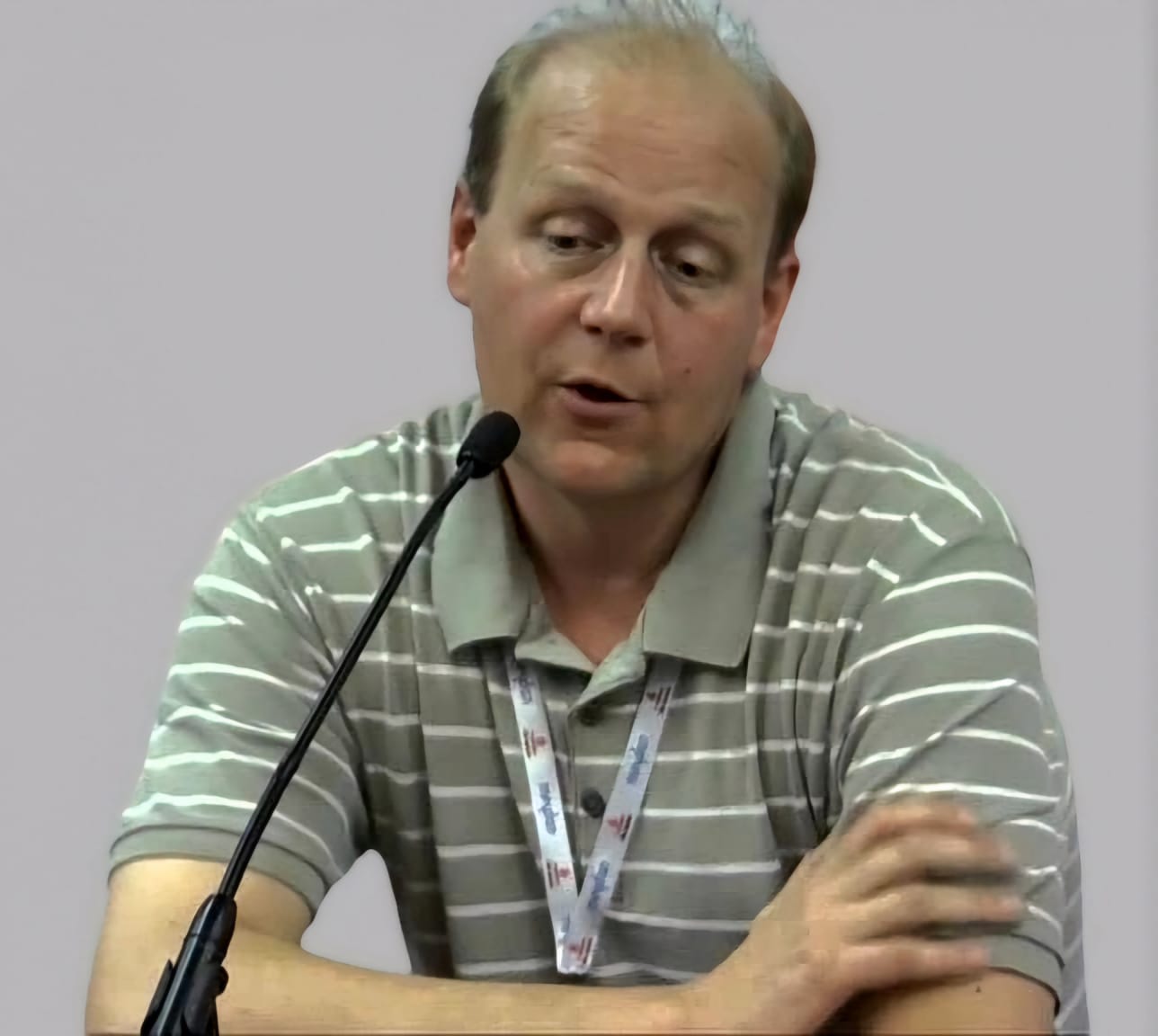
Random drug testing for racing stable staff is likely to become a reality following a recent incident where a runner at Brighton tested positive for cocaine. Lucidity, the horse in question, has been disqualified from her second-place finish, and her trainer, Ed Dunlop, received a one-year disqualification from racing. However, this penalty is suspended and will only be enforced if he violates the same rule within the next year.
The British Horseracing Authority (BHA) has tightened anti-doping penalties in recent years, with cocaine positives now carrying significant consequences. Dunlop's solicitor, Rory Mac Neice, detailed the measures being taken to combat drug use in response to this case during a disciplinary panel meeting.
Since the positive test, Dunlop has been elected chair of the Newmarket Trainers Group. One of his first initiatives has been to advocate for random drug testing across all levels of racing staff in Newmarket. He has invited the BHA to collaborate on this effort, emphasizing the importance of promoting a healthy and safe working environment. Dunlop is also implementing random drug testing in his own yard, with consent forms being prepared for his staff.
Dunlop's 30-year career has been largely unblemished, with no prior positive tests in Britain, though one of his horses, Snow Fairy, was disqualified in 2012 after an anti-inflammatory remained in her system longer than expected. In Lucidity's case, the BHA did not blame Dunlop for the cocaine metabolite found in the horse, and the source of the contamination remains unknown. Following the positive test, Dunlop conducted an internal investigation, during which a staff member admitted to using cocaine, but the timing of their use did not align with Lucidity's race.
The same staff member noted that they had observed other staff urinating in stable boxes, a practice that has been identified in past cases as a possible route of cross-contamination between humans and horses. La Grange Stables, where Lucidity was trained, has long had a sign prohibiting this behavior.
Dunlop told the Racing Post that he is pushing for random drug testing in his yard, a move that other trainers are also beginning to adopt. He has also reached out to the National Trainers Federation to discuss implementing such testing industry-wide. While his staff has responded well to the idea, the specifics of the testing process are still being finalized.
There have been only two other cases in the past decade where cocaine was found in horses' samples in Britain—Librisa Breeze in 2015 and Walk In The Sun in 2018. In both cases, the trainers received fines. The BHA's rules now suggest harsher penalties for such violations, which may surprise some in the industry.
The BHA’s Charlotte Davison explained to the panel that while cocaine has legitimate uses in human medicine, it has none in equine medicine. She added that cocaine could alter a horse's behavior and performance by increasing heart rate, blood pressure, and maximum run time.
Mac Neice argued that since no blame was attached to Dunlop, a disqualification, even a suspended one, was unjustified. He described disqualification as the most severe punishment in horse racing, typically reserved for the most serious offenses. The panel, however, stated that it had no authority to change the type of penalty mandated by the sport’s rules.
Mac Neice criticized the rules as being too rigid, leaving Dunlop with a "sword of Damocles" hanging over him for 12 months. He called for an urgent review of the rules, suggesting that any amendments should be applied retrospectively in light of this case.
|